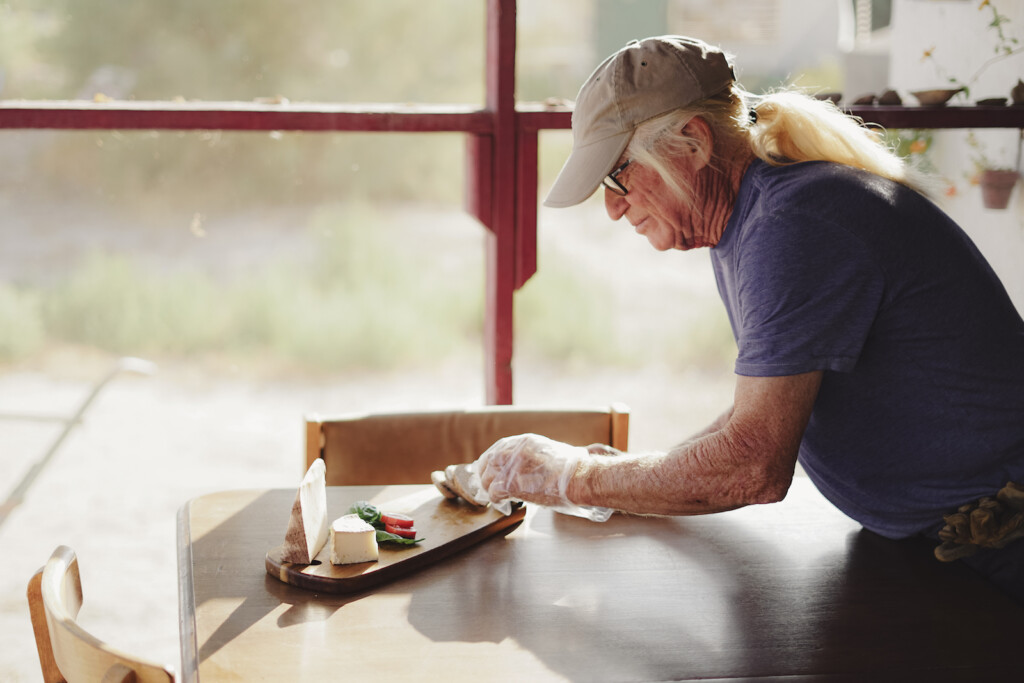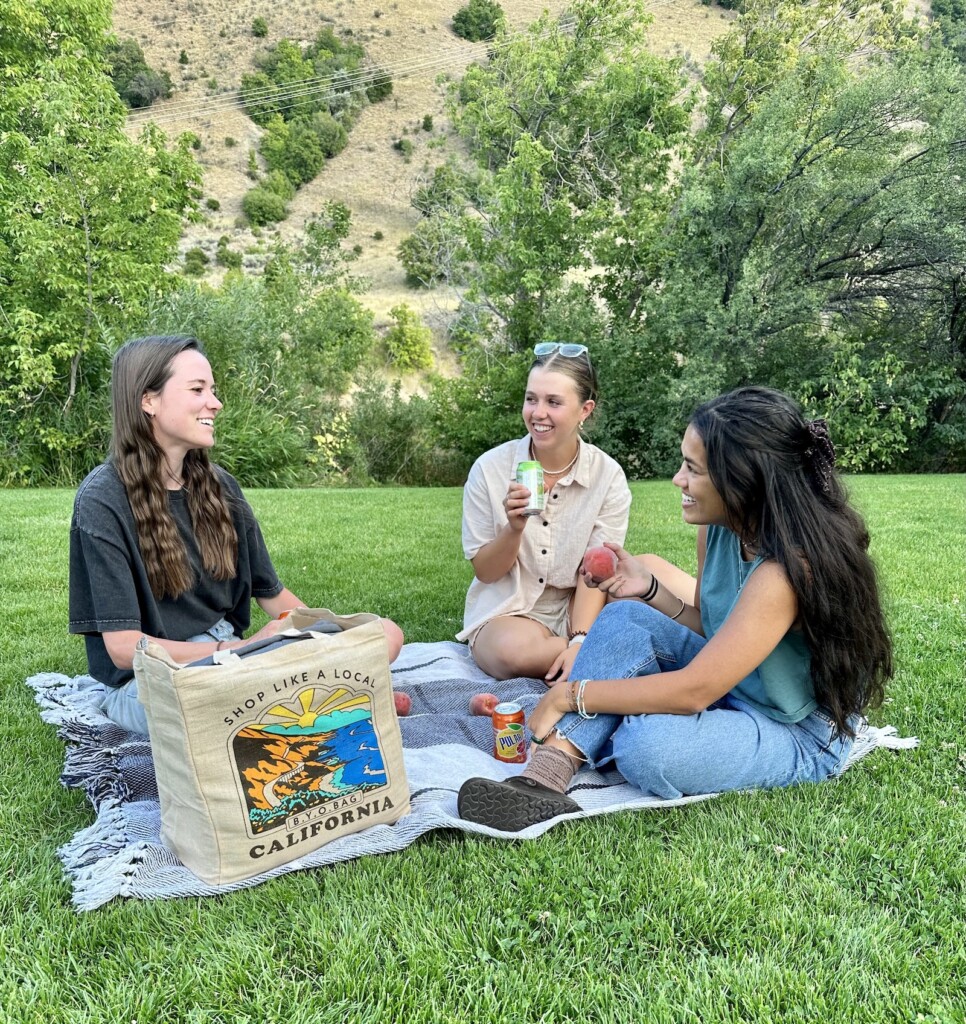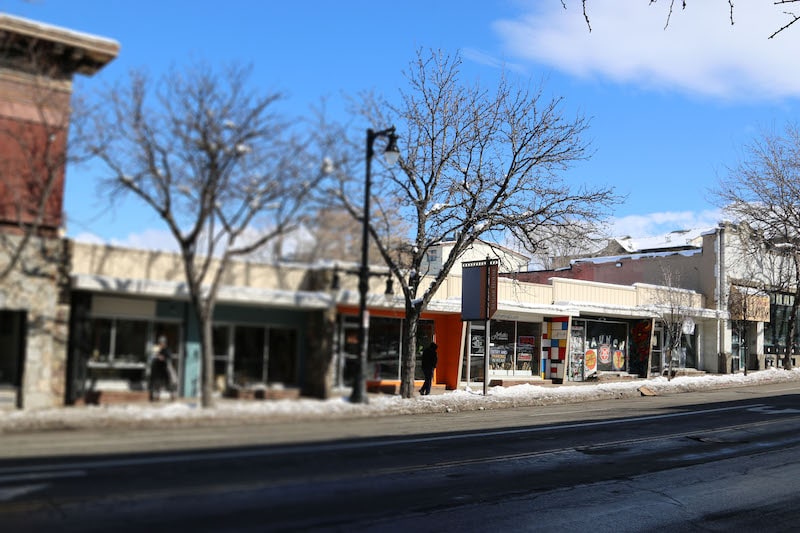
Utah has a serious opioid epidemic on our hands and it’s clear that medical cannabis could greatly help in curbing both opioid addiction and death, if our Utah Legislators don’t over regulate the cannabis market. The current legislation that they are crafting called “the compromise” is fraught with regulation which will cause the prices to be much higher than the black market or neighboring states. So how does this relate to our opioid addiction crisis?
If doctors would stop flooding patients with opioid prescriptions and instead prescribed medical cannabis to treat pain, this practice can make a serious dent in the opioid crisis we are facing today. Numerous studies have shown that opioid addiction death decrease in communities by as much as thirty-percent when doctors replace heavy narcotics with medical cannabis. (Visit this article by Scientific American)
Utah lawmakers aren’t properly examining this angle, nor understanding the good it could do for especially Utah’s rural communities and the current homeless crisis in downtown Salt Lake City, largely caused by the opioid epidemic.
One year ago I visited the area surrounding Pioneer Park and I witnessed the opioid addiction crisis first hand. It was clear then that the worst opioid addicts were coming to downtown in massive numbers to seek help for their addiction and basic necessities. It’s been about 18 months since the police had to do something about the huge problem of the growing homeless population. Operation Rio Grande was the answer. They decided it best to harass and displace many of the homeless who were camping in the parks and in and around downtown.
The opioid crisis is the most serious crisis facing Utah and our nation today. Every year more people die from opioid addiction than died in the Vietnam war.
Patients don’t overdose on cannabis, and cannabis can be used to treat pain, with far fewer side effects than opioids. While it’s not possible to entirely replace opioids with cannabis, it is clear that opioid use can be drastically reduced if paired with cannabis.
It is sad that the Utah State Legislature is ignoring the six years of evidence and facts and instead they are crafting legislation to treat cannabis as if it more harmful and more deadly than the opioids doctors are already prescribing in massive quantities. If Utah Legislators attempt to control cannabis like they control alcohol by creating a massive bureaucracy, an enormous amount of regulation and huge barriers to entry for entrepreneurs and farmers, they will be doing a huge disservice to patients and the people who could use medical cannabis the most.
The Public Misinformation Campaign on the Medicinal Use of Cannabis
It’s clear from just a few hours of research found on Internet that the general public has been lied to about cannabis for decades. The fear tactics and misinformation by our political leaders and straight up propaganda campaigns have caused severe damage in not allowing patients to receive the best treatment for myriad problems. This needs to end. The narrow-minded members of our State Legislature need to realize this and do what is best for their constituents not what is best for the church in attempting to control the cannabis market like they control alcohol.
Watch the video Utah Stories has produced on this issue to understand how it’s nothing new to mask “protectionism” as a faux philanthropy. Organizations and governments through history have maintained this practice in order to facilitate greed and market domination. In the video we go over Frederic Bastiat’s The Law and how his principles apply to the fight to protect the free market.





